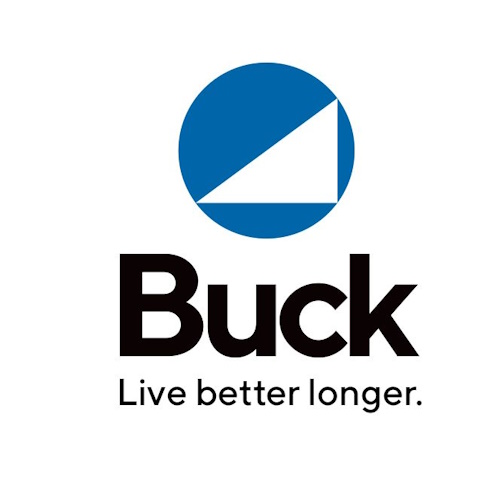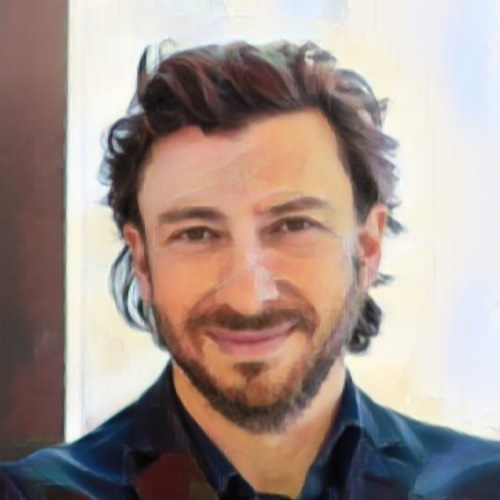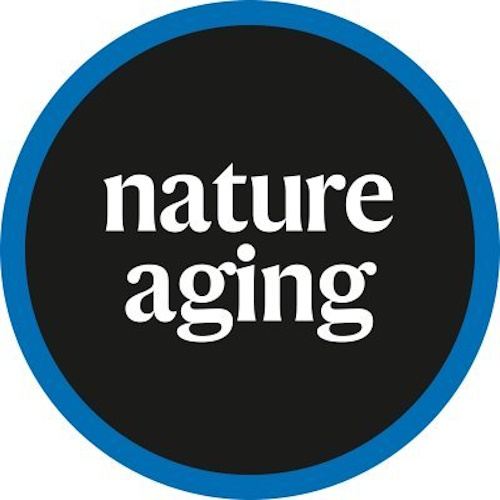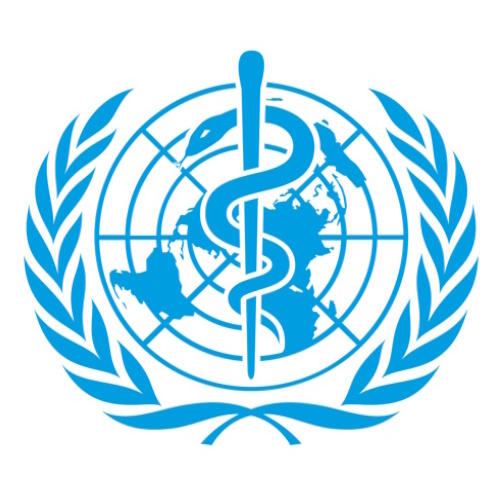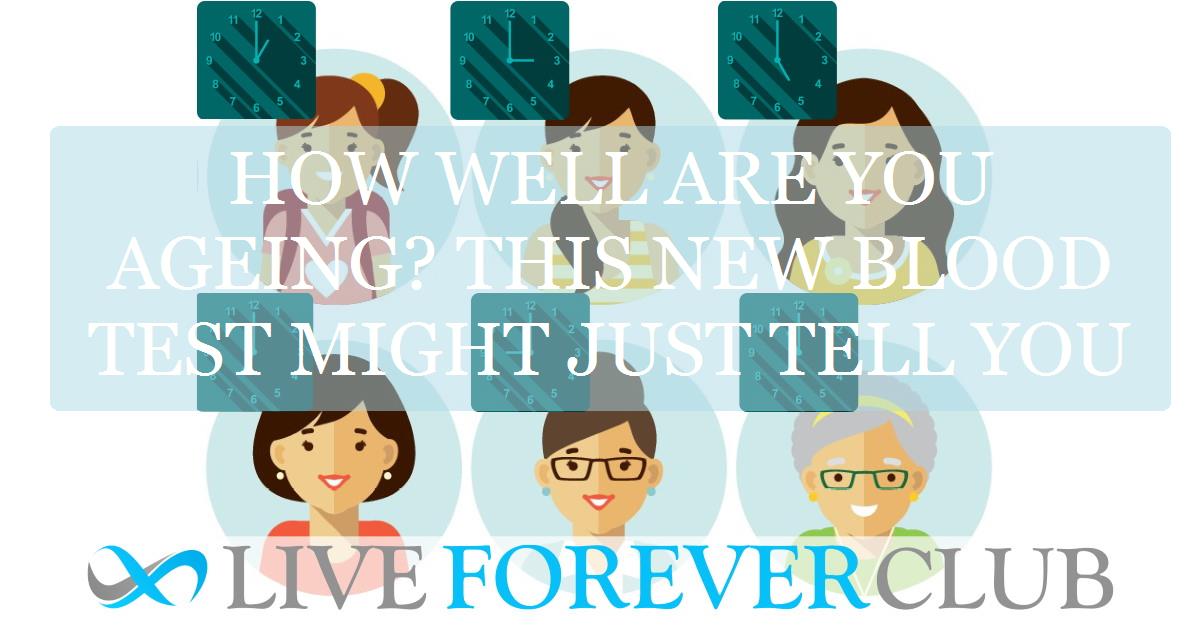Time has always had a way of measuring life in blunt numbers. But what if your body had its own story to tell? One that's quieter, molecular, and deeply honest. A recent study published in Nature Aging introduces a biological clock that doesn’t count birthdays. It reads health.
Scientists call it the Intrinsic Capacity (IC) clock that was created from a blend of DNA methylation science and clinical insights. It reflects not just how long you’ve lived, but how well. Developed using data from more than a thousand individuals aged 20 to 102, this clock bridges molecular biology and real-world vitality.
What exactly is “Intrinsic Capacity”?
Introduced by the World Health Organization, Intrinsic Capacity is the sum total of your body’s and brain’s abilities. How well you move, remember, see, hear, feel, and bounce back. This shifts the focus from obsessing over disease to recognising what you can still do.
The study assessed five key domains: cognition, psychological health, locomotion, sensory perception, and vitality. Grip strength, eye tests, memory recall. Real actions. Not guesses.
The results were revealing. Men often scored higher in energy and emotional resilience. Women, meanwhile, held onto sharper sensory skills and cognitive clarity for longer. Some declines appeared early. Sensory scores in women dipped by age 42. Men saw their memory slip starting around 72. Unexpected? Maybe. Important? Absolutely.
Mapping biology from blood to lifespan
Researchers trained a machine learning model to detect ageing patterns in blood. Using elastic net regression, they identified 91 CpG sites. These are tiny methylation markers on DNA that could predict IC scores. That’s right. Your blood remembers things your doctor might miss.
Compared with other well-known epigenetic clocks like Horvath or GrimAge, this IC clock focused not on your biological age but on your functional resilience. The overlap in markers between clocks was minimal. That’s good news. It means this one sees things others overlook.
And you don’t even need blood for it to work. Saliva samples perform just as effectively. A future where you could spit in a tube and get a full functional age profile is no longer far-fetched.
What does your immune system whisper when you’re not listening?
People with high IC scores had higher levels of CD28 expression. That’s an immune gene crucial for T-cell function. Lose that and your immune system starts to fall asleep. Those with lower IC had higher levels of inflammatory genes, like CDK14, often seen in neurodegeneration and some cancers.
In short, the IC clock didn’t just measure decline. It understood it.
T cells. Naive immune cells. Inflammation markers. All these biological threads were woven into a larger picture. Your body’s story of ageing. And this clock read every line.
Can it predict your future? Turns out yes
In the Framingham Heart Study cohort of over 1,600 individuals, the IC clock outperformed every other epigenetic model in predicting all-cause mortality. People with high IC scores didn’t just live longer. They lived better.
On average, the difference in lifespan between high and low IC individuals was more than five years. That’s not a small number. That’s the difference between dancing at your granddaughter’s wedding or missing it.
Bone density? Better. Lung function? Sharper. Reaction times, cognitive processing, emotional balance? All improved in those with higher IC.
Your lifestyle writes itself into your cells
Participants with higher scores often consumed more dark-meat fish like sardines and salmon. They also steered clear of excessive sugar. Strangely, moderate beer consumption showed a positive association. Calcium supplements, however, were linked to lower IC.
Marine omega-3s such as DHA and EPA were associated with higher IC, suggesting the sea may still be our closest friend in the fight against time. There was no single superfood. But patterns emerged. Consistent, quiet, unmistakable.
Even physical activity mattered. Not just gym routines, but whether someone could still do household work, climb stairs, or simply walk fast. Those with high IC did more. Thought more. Felt more.
A window into intervention and prevention
This isn’t just about knowing when you’ll fade. It’s about knowing how. And maybe how to stop it. The IC clock opens doors for personalised medicine. Want to test whether your new exercise routine or supplement plan is making a difference? This clock might offer the answer.
Because it works with saliva, it could become a regular part of health check-ups. Not just when you’re older. But starting in your 30s or 40s. When you can still change the trajectory.
Imagine catching cognitive decline before your memory slips. Or noticing immune erosion before your body begins to fail. That’s what this clock offers. Not just answers. Choices.
From counting years to counting strength
The Intrinsic Capacity clock tells a different kind of time. Not hours. Not decades. But capacities. What you can still do. How well you bounce back. How deeply you thrive.
It’s not just a scientific breakthrough. It’s a philosophical one. A way of saying you are more than your age. You are a living, adapting system. And finally, we can measure that system in its full complexity.
The future of healthy ageing might not come in the form of a pill. It might come in the form of a number. Quietly printed from your blood or saliva. Reminding you not of how old you are, but of how alive you still are.
The study is published in the journal Nature Aging. It was led by David Furman from Buck Institute for Research on Aging.
